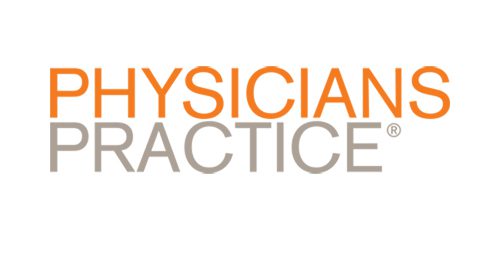
Max Schloemann, founder of MEDPLI, had an article published by Physicians Practice on how billing and coding oversight plays a critical role in reducing malpractice risk.
No matter the size, the work that billers and coders do plays a critical role in the financial health of the practice, but the complexity and tediousness of the task means that mistakes can be easily made. Negligence and fraud in billing and coding can open a practice up to malpractice risk. “Doctors should know that liability ultimately falls to the provider whose National Provider Identifier (NPI) the service was billed under, and a physician’s signature on a claim attests that the medical services provided were necessary and reasonable,” Max says.
There are multiple types of medical billing errors that can result in a physician’s prosecution under the False Claims Act, including neglect, improper coding, and providing worthless, inadequate, or unnecessary services. Physicians can be held liable when they knowingly present a false or fraudulent claim for payment or conspire to submit a false claim for payment. The term “knowingly” is defined as having actual knowledge of the information; acting in deliberate ignorance of the truth or falsity of the information; or acting in reckless disregard of the truth or falsity of the information.
Miscoding and fraudulent billing can destroy the reputation and financial stability of the medical practice you’ve worked so hard to build. “That’s why it’s vital for medical practices to establish robust oversight, audit, and remediation procedures that work to ensure accurate coding and billing,” Max explains.
Max shares several specific anecdotes regarding his experience with medical billing and coding malpractice risk and how some of his physician clients mitigate this risk in their own practices, and much more.
To see the full article, click here.



